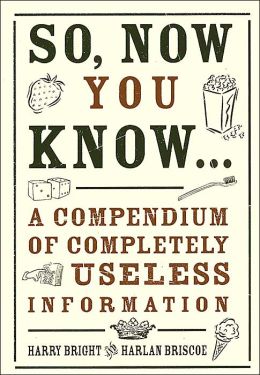"“I remember a lot of stuff, but that doesn’t mean any of it is useful. Point is: No history teacher I’ve ever had teaches history from that perspective. They never say, ‘Okay, here’s what happened during Grover Cleveland’s presidency and here’s what we can learn from it and apply to our lives today so we don’t make the same mistakes he did.’ Doesn’t happen. Instead they end up feeding you facts—dates and names—instead of application. The very reason they use to justify their jobs—using the past as examples and warnings for the present—is the very thing they almost universally fail to do.”"

from "Checkmate: The Bowers Files" by Steven James
It's just like that with the Bible and church isn't it?
Of course, not every church is like that.
But for the ones that are - the result is the same isn't it?
The very reason they use to justify their jobs—using the past as examples and warnings for the present—is the very thing they almost universally fail to do.”"
It is written
Jesus said "it is written" many times.
Mk 7:6 ... it is written:
“ ‘These people honor me with their lips,
but their hearts are far from me.
Mk 7:7 They worship me in vain;
their teachings are but rules taught by men.’ 8 You have let go of the commands of God and are holding on to the traditions of men.”
Jesus didn't stop there. He could have, He'd taught the "history".
Again, He could have stopped. Just given the history lesson.
But then the people could have said, "this doesn't have anything to do with us."
Like today - doesn't have anything to do with us, but we've got to pass this test, so we'll memorize it. And not learn anything from it. Not realizing that it does really apply to us, that there was a lesson to be learned, and since all we did was memorize it, we didn't learn the lesson for ourselves, just like the people didn't learn it earlier..
Did you notice what I did there? I took the lesson from the past - "this doesn't have anything to do with us". Then, I played that forward to today - where we'd say the same thing. Then I put forward the consequences of not actually learning the lesson. It's an old lesson - at the highest level - those who don't know history are doomed to repeat it. That kind of "knowing" is more than just memorizing - it's knowing the context from history - it's knowing the context today - and it's knowing how to apply the lessons from the past to today's present world.
But Jesus didn't want just memorization. He wanted the people to understand what He was telling them. Just as He wants us to see how the lessons are applied to us today.
Jesus wants us to learn what the people in His time failed to learn.
Jesus didn't want lots of "followers" who would say things like "I remember a lot of stuff, but ..."
And so - He would explain the significance of what was written.
Here's the whole lesson, in context -
Clean and Unclean
7:1-23 pp — Mt 15:1-20
Mk 7:1 The Pharisees and some of the teachers of the law who had come from Jerusalem gathered around Jesus and 2 saw some of his disciples eating food with hands that were “unclean,” that is, unwashed. 3 (The Pharisees and all the Jews do not eat unless they give their hands a ceremonial washing, holding to the tradition of the elders. 4 When they come from the marketplace they do not eat unless they wash. And they observe many other traditions, such as the washing of cups, pitchers and kettles. )
Mk 7:5 So the Pharisees and teachers of the law asked Jesus, “Why don’t your disciples live according to the tradition of the elders instead of eating their food with ‘unclean’ hands?”
Mk 7:6 He replied, “Isaiah was right when he prophesied about you hypocrites; as it is written:
“ ‘These people honor me with their lips,
but their hearts are far from me.
Mk 7:7They worship me in vain;
their teachings are but rules taught by men.’8You have let go of the commands of God and are holding on to the traditions of men.”
Discover more from God versus religion
Subscribe to get the latest posts sent to your email.
